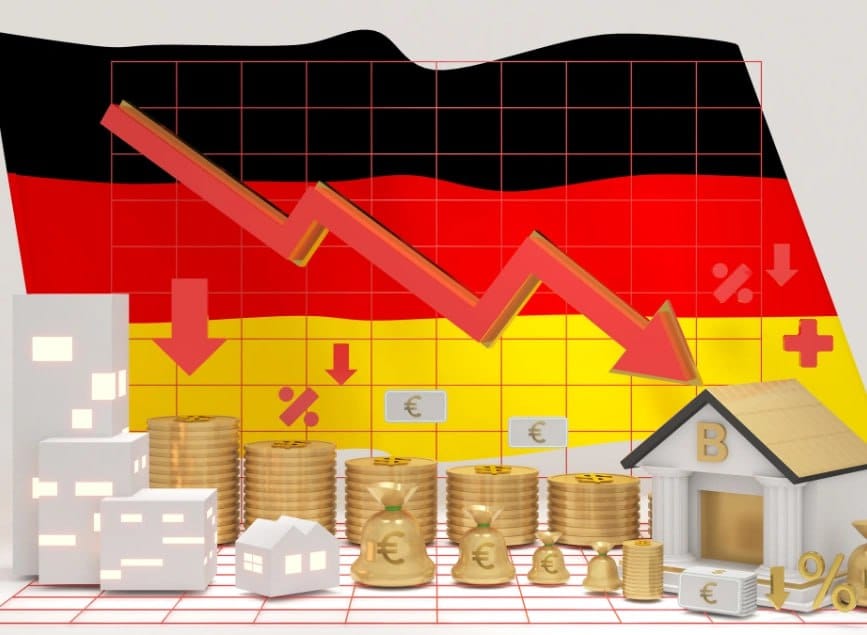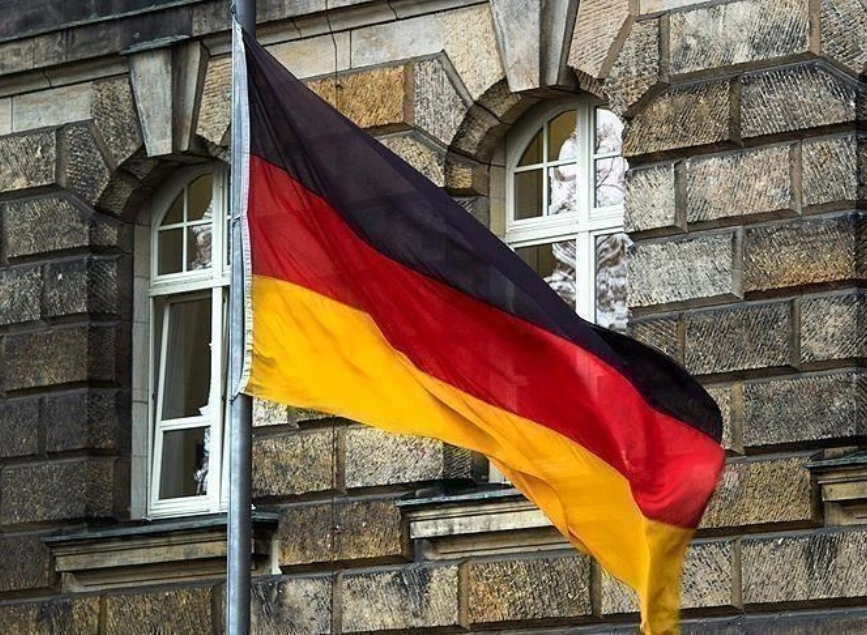
Germany’s Inflation Falls to 1.6% in September
Germany’s inflation rate continued to ease in September 2024, reaching 1.6%, its lowest level since February 2021. This drop comes as a welcome surprise, falling below the expected 1.7%, and down from 1.9% in August.
Goods Prices: A Key Factor in the Decline
The overall decline in inflation was largely driven by a 0.3% decrease in the prices of goods. This was primarily due to falling energy costs, which offset the rising prices of food items.
While goods prices dropped, inflation in the services sector eased to 3.8%. Although services inflation remains higher than goods, the trend shows a slowdown in the rise of prices for services as well.
Core Inflation Sees Significant Drop
Core inflation, which excludes volatile items such as food and energy, dipped to 2.7% in September. This marks the lowest level since January 2022, signaling a broader easing in price pressures across the German economy.
The EU Consumer Price Index (CPI), which allows for a consistent inflation comparison across EU countries, also showed a decline. It fell to 1.8% in September, below expectations, with a slight 0.1% decrease compared to the previous month.
Economic Outlook: A Positive Shift?
The decline in inflation could signal a more stable economic environment for Germany moving forward, particularly if the trend of easing price pressures continues. While energy prices played a crucial role in September’s figures, the broader drop in core inflation suggests that the inflationary pressures seen in recent years are beginning to subside.
Share
Hot topics

Best broker for gold trading
There’s always been a certain magic about gold. Before online charts and trading applications, people stored their wealth in coins and bars, trusting that gold would retain its value during...
Read more




Submit comment
Your email address will not be published. Required fields are marked *